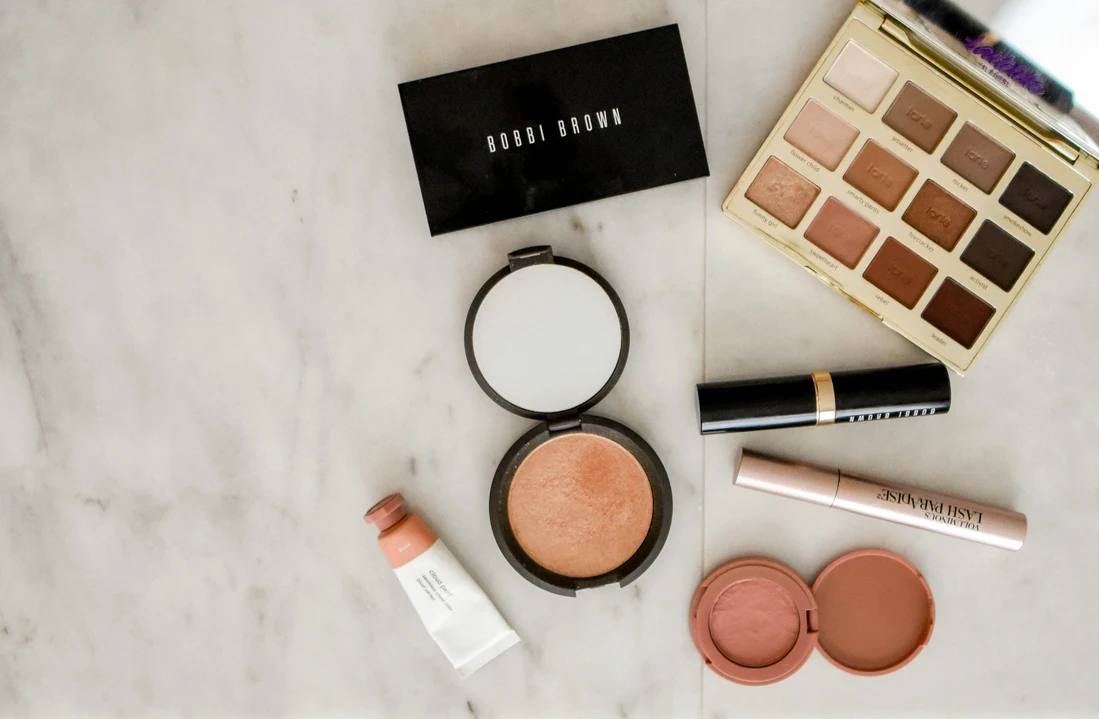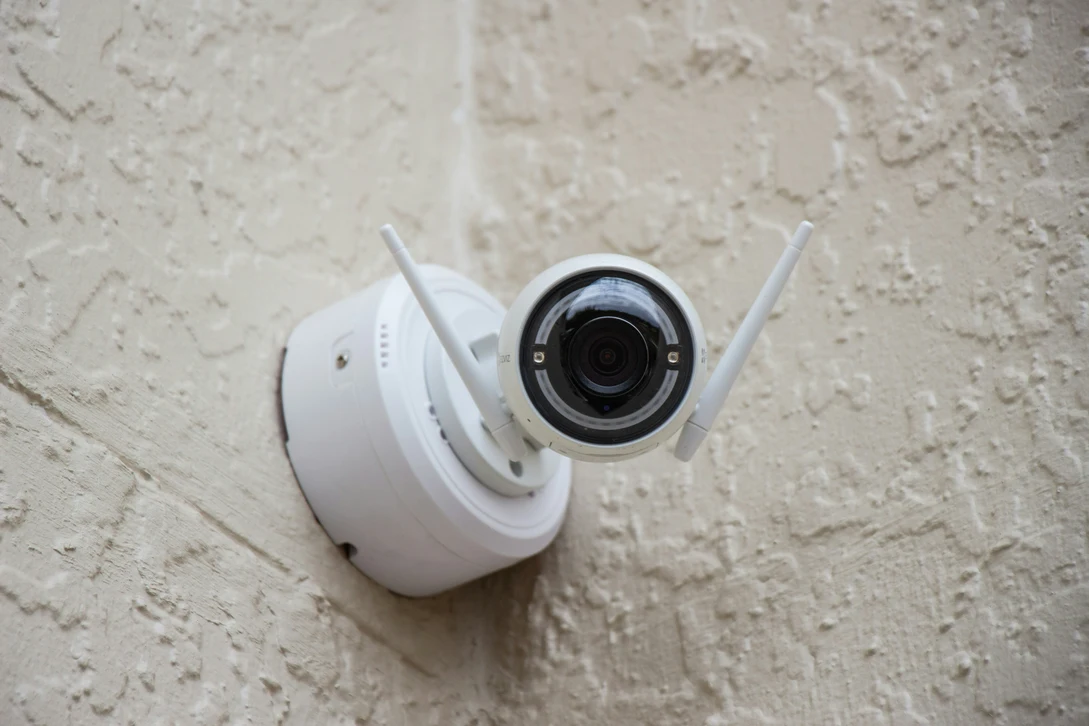The beauty industry is evolving faster than ever, and artificial intelligence is at the heart of this transformation. Gone are the days of guessing your skin type, experimenting with random products, or relying solely on beauty influencers. With AI skincare, your daily routine is becoming more personalized, effective, and—most importantly—stress-free.

Whether you’re battling acne, dryness, or looking to fine-tune your anti-aging regimen, AI is delivering smarter solutions in ways you’ve probably never imagined. Let’s explore how AI is revolutionizing the skincare world for the better.
1. AI Skin Scanning Apps Diagnose Your Skin Instantly
Imagine snapping a selfie and getting a full analysis of your skin’s condition—no dermatologist appointment required. AI-powered skin scanning apps are doing just that. These apps use machine learning algorithms trained on thousands of images to detect issues like clogged pores, fine lines, pigmentation, and more.
Brands like L’Oreal and Neutrogena have introduced consumer-facing apps that provide real-time recommendations based on your unique skin profile. It’s like having a skincare expert in your pocket.

2. Hyper-Personalized Product Matching
Not every product works for every skin type—and that’s where AI excels. AI skincare platforms can analyze your skin data, environmental factors, and even product ingredient lists to suggest the most effective products just for you.
This eliminates trial-and-error and wasted money. Brands like Proven Skincare use AI to generate custom formulations based on your age, location, concerns, and skin goals.
3. Smart Mirrors Offer Daily Skincare Coaching
Yes, smart mirrors are real—and they’re amazing. These AI-enhanced devices offer real-time feedback on your skincare routine. Some even measure hydration levels, spot blemishes, and remind you when it’s time for specific treatments.

The convenience factor is unmatched. You can now track your skincare progress, receive personalized coaching, and tweak your routine—all while brushing your teeth.
4. AI Tracks Your Routine and Product Efficacy
AI isn’t just about suggesting products; it’s also about tracking their effectiveness. AI-powered apps and wearables can monitor how your skin reacts to certain ingredients or weather changes over time.
By collecting and analyzing data daily, AI helps refine your routine continuously. It’s skincare backed by real-time analytics rather than guesswork.
5. Virtual Dermatologists Are Just a Click Away
With AI chatbots and virtual consultation tools, you can now talk to a “dermatologist” without stepping out of your house. These tools use your data, scan images, and ask targeted questions to guide your skincare decisions.
This is particularly useful for people who live in remote areas or prefer online consultations. The best part? It’s available 24/7.
Want more blogs like these?
Explore the future of beauty with us. Head over to the Beauty Bliss section on Designs24hr for more inspiring and tech-savvy beauty tips.
FAQS (Frequently Asked Questions)
How does AI skincare actually work?
AI skincare works by analyzing user-input data such as skin type, concerns (like acne or dryness), lifestyle habits, and environmental conditions. It uses machine learning algorithms trained on vast dermatological datasets to generate personalized recommendations. Some apps also use image recognition to scan your face and detect subtle skin issues that the human eye might miss. These insights are then used to create custom routines, suggest products, or monitor progress over time. Essentially, AI bridges the gap between data and dermatology to give you better skincare without the guesswork.
Is AI skincare safe to use for sensitive skin types?
Generally, yes — most AI skincare platforms are built with inclusivity in mind. They ask users detailed questions about skin sensitivities, allergies, or past reactions and use that information to avoid recommending harsh ingredients or products. However, since AI doesn’t replace professional dermatologists, it’s essential to review recommendations carefully and consult a specialist if you have a known skin condition or extremely reactive skin. That said, many users with sensitive skin report better outcomes with AI tools because of their tailored, ingredient-conscious guidance.
Can AI replace dermatologists in the future?
AI is not designed to replace dermatologists, but rather to support and enhance skincare decisions. It offers instant access to advice, tracks skin changes over time, and suggests products with a high degree of personalization. For mild to moderate concerns, it can be a powerful self-care tool. However, for serious skin conditions like cystic acne, rosacea, or skin cancer, in-person dermatological care is irreplaceable. Think of AI skincare as a personal assistant — not your doctor.
What’s the difference between AI skincare and regular skincare apps?
Traditional skincare apps often rely on basic quizzes or static skin type categorizations, offering generic product suggestions. In contrast, AI skincare tools use deep learning and real-time data to deliver dynamic, evolving recommendations based on your actual skin progress. Many AI tools include facial scanning, environmental analysis (humidity, pollution levels), and even hormone tracking to tailor your routine with scientific precision. It’s a level of customization older apps just can’t match.
Are AI skincare tools only available through apps?
No — while many AI skincare tools come as mobile apps, some are built into smart mirrors, wearable sensors, or online platforms. For instance, some beauty brands integrate AI analysis into their websites, allowing you to upload a photo and receive instant skin readings. High-end skincare clinics and stores now offer AI-powered consultations using devices that measure hydration, elasticity, and pore visibility. So whether you’re at home or in a retail environment, AI skincare is becoming more accessible than ever.







